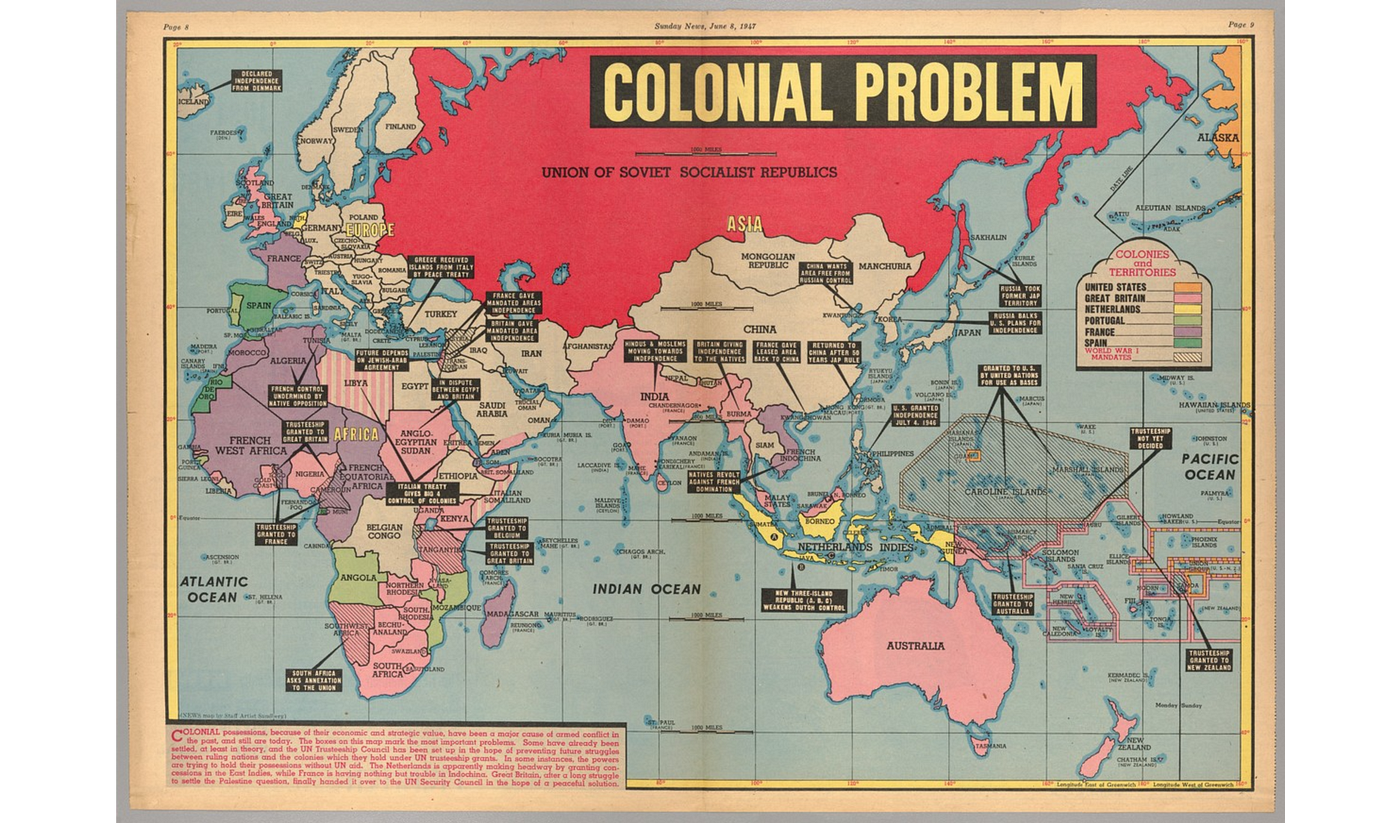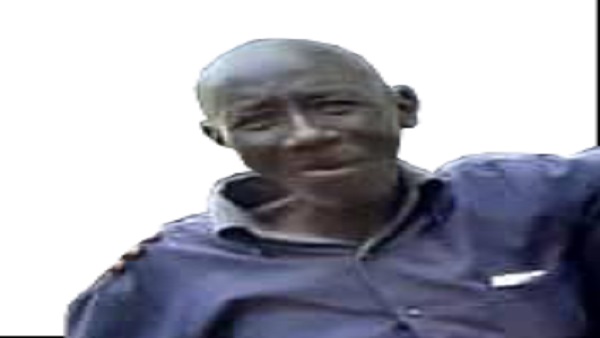M. Sajo Jallow
With righteous anger, the elders and youth have expressed the urgency of ending our mental enslavement. Language, both oral and written, is one instrument of freedom, among others, and across the ages.
Africa has not “entered” history, we are told by some Euro-centric ideologues. Yet writing the spoken word has its roots in African soil, in the hieroglyphic images of speech in ancient Egypt and Nubia thousands of years ago. European colonizers who have falsely narrated this racist “out-of-history” story wanted domination then, and still do today. Europe colonized to enslave both mind and body, with untold violence, to enable stealing resources from Africa and elsewhere.
It was not a mission to civilize, but to exploit; to suppress the local language in favour of the exploiter’s language of domination. In the Senegambia region, Portuguese, English, and French, with Arabic in the mix due to migration, trading activities, and the spread of religion.
Genetic studies have now reaffirmed the “out-of-Africa” or African origins of modern humanity, and hence civilization. Pa CheikhAnta Diop has long since established this historical fact in his research and writings, including The African Origin of Civilization: Myth or Reality (1974) and contributions to The General History of Africa by UNESCO (United Nations Educational, Scientific and Cultural Organization).
Most importantly, African renewal cannot be without the use of local languages, in the formal system of education, governance, and culture. When foreign actors tried to provide “informal” education as restricted learning, concerned local parents insisted on “sky-as-limit” formal education, from basic to higher education, in all fields of human interest.
Evidence has shown that the mind is enriched by multiple languages. Thus, institutions of education, culture, and governance cannot achieve democratic development without the formal use of our local languages. Of course, to be enabled by technology, including the use of artificial intelligence. Anglo-phone, Arabo-phone, franco-phone, Luso-phone, and so on, define Africans as tools of foreign domination. However, African languages, aided by Centers of Excellence for Curriculum Development, shall continue to assist in freeing the mind.
Nor can such progress be achieved without public resources. In reporting on an elder politician’s campaign trail, a British Broadcasting Corporation article referred to corruption or state capture as the “hundreds of millions of dollars of public assets taken into private hands.”
Elderly voices of experience and creative minds of the youth have together echoed the primacy of public investment for freedom and justice. “Market forces” cannot do it, then or now, due to exploitation and corrupt practices. Illicit funds flow out of Africa in billions of dollars annually, without an end in sight.
Private-sector leadership for private profit has not, and cannot, achieve democratic development. In The Gambia, for example, market forces dominate, but do not generate enough public resources through income and tax, not to mention leakages. The result has been debt distress and continued mass poverty. Reports from the Bretton Woods Institutions (BWIs), i.e. the World Bank Group and International Monetary Fund, show real economic growth for the past three decades (1990-2020), but stagnation in mass misery once population growth is accounted for.
Thus, public resources must be mobilized through productive investment and tax collection, without emphasis on privatizing public assets for private profit. Both national and cooperative banks are needed in a mixed economy, to complement private ones at all levels. That is, not to be dominated by the international financial institutions (IFIs), as new colonial tools of foreign language and money.





